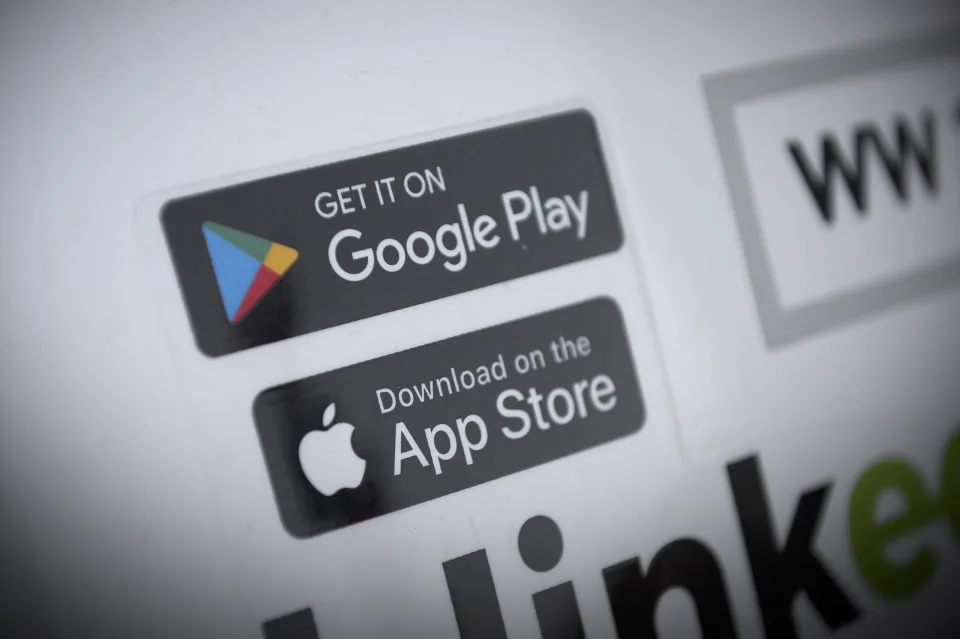Seven tech giants GAFAM, mainly from the United States, have notified the European Union about the relevance of its renewed antitrust law – the Digital Markets Act (DMA) – to them. These seven companies are Alphabet (Google), Amazon, Apple, ByteDance (TikTok), Meta (Facebook), Microsoft, and Samsung.
The DMA is a proactive approach to regulating major platforms that serve as intermediaries between other digital businesses and the end user.
The Digital Markets Act (DMA) ensures fairness in the digital landscape by imposing obligations and prohibitions on designated gatekeepers, such as refraining from self-preferencing and limitations on how tech giants can use third-party data.
Additionally, gatekeepers must provide third parties with data their apps generate or face a hefty penalty of up to 10% of their global annual turnover.
Under the EU’s Digital Markets Act (DMA), app store gatekeepers will be unable to block the sideloading of applications, nor will they be able to require developers to use their own services (such as payment systems).
Additionally, the DMA prohibits any tracking of users for ads without their explicit consent. By doing so, the EU is hoping to create a more fair and equitable marketplace online, one which prevents the abuses of market power that tech giants have been engaging in for years.
The Commission has until September 6 to announce the official designation of gatekeepers this summer, potentially adding more names to the list.
However, since the Digital Markets Act (DMA) is aimed at only the most influential platforms, it is unlikely that the list will expand significantly. All those designated as gatekeepers must ensure compliance with the DMA within 6 months of the announcement, by spring 2024.
If any of the seven companies designated by the European Commission as “gatekeepers” under the Digital Markets Act break any of the rules set out by the Commission, they could face enforcement action in the following year.
We are also continuing our ongoing discussions with the Commission on the applicability of the regulation to our business.”
The Digital Services Act (DSA), the sister regulation of the Digital Markets Act (DMA), applies to a wider range of platforms than the DMA.
The European Commission published a list of 19 platforms that fall under the strictest provisions of the DSA in April.
These provisions aim to ensure algorithmic accountability on very large online platforms (VLOPs) and search engines (VLOSEs).
All but one of them—Samsung—are classified as Very Large Online Platforms (VLOPs) or Very Large Online Service Providers (VLOSEs). This indicates that the five major US tech companies (known as GAFAM) and China’s ByteDance will be subject to the toughest requirements under the European Union’s updated digital regulations.


